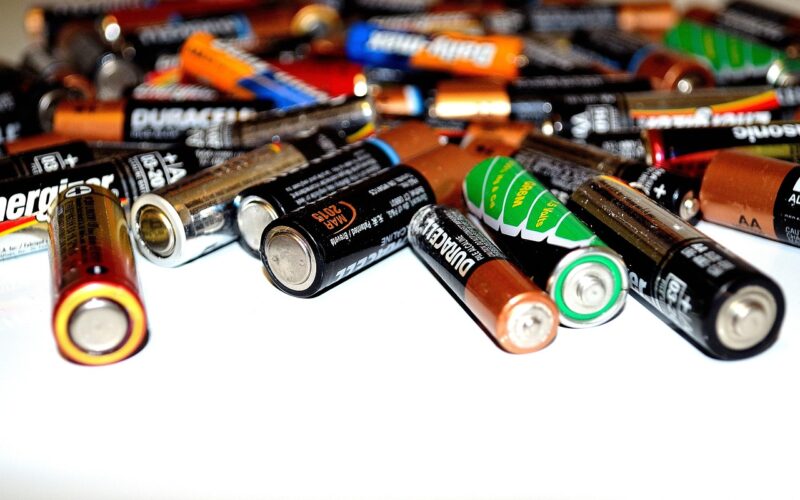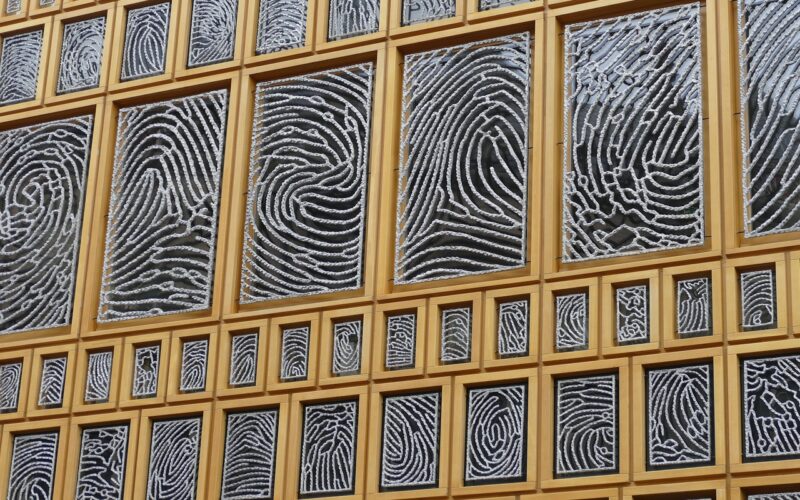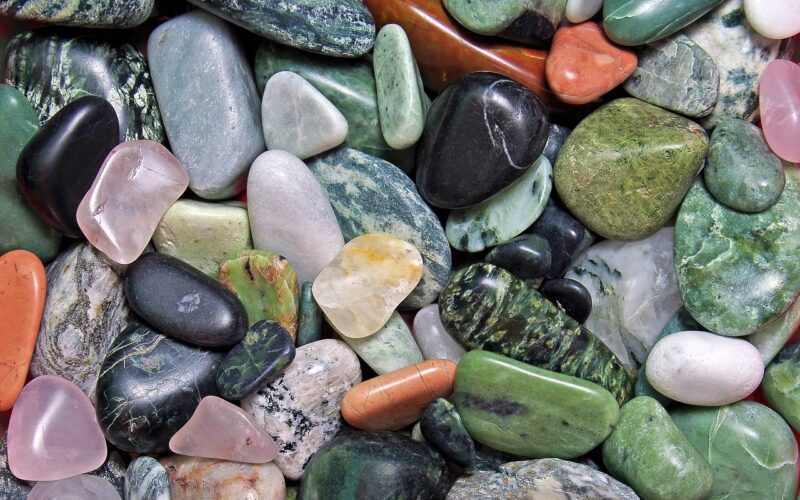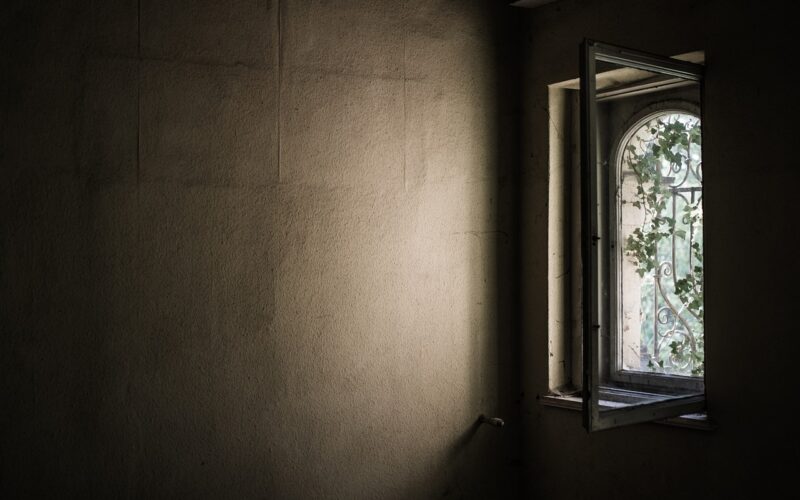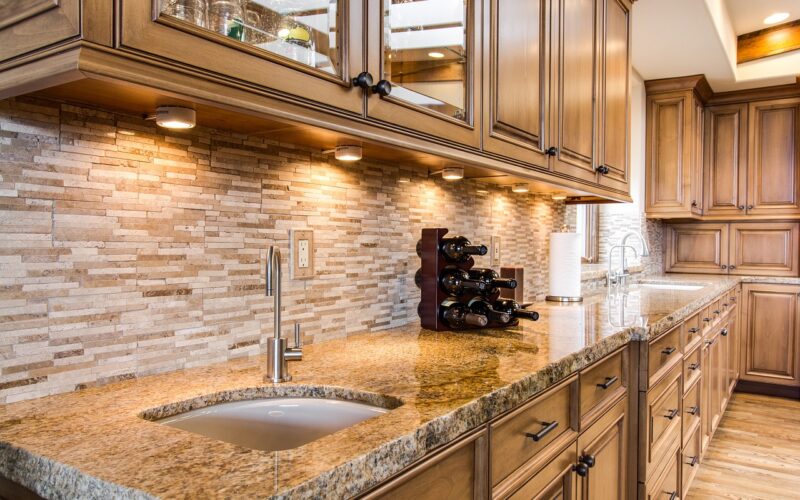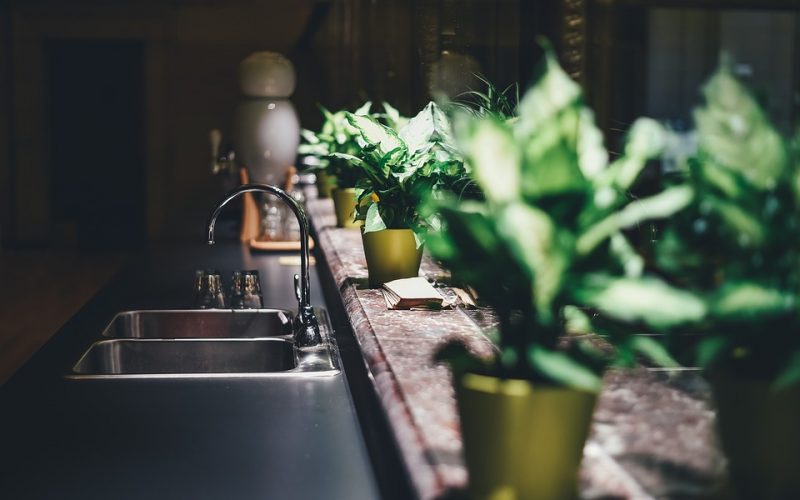Minerals in Everyday Use
You probably don't think about rocks and minerals very often, but they are a big part of your life. Chalk, for example, is a type of limestone that is often used in school classrooms. Clay is used for making pottery and bricks. Granite is a popular type of stone used in countertops and flooring. Salt is used to flavour food and as a de-icer and quartz is the main ingredient in glass. Here are examples of minerals found in everyday objects:
Gypsum
Gypsum is a mineral that is found in many everyday items. It is the main component of drywall, which is used in construction. It is also used in chalk, which is a common writing material. Gypsum contains water in its mineral structure. When heated, the water evaporates, providing an initial line of defence against building fires.
Clay
Pottery, porcelain, and other ceramics are all made from clay. This common material is found all over the world and has been used by humans for millennia. Early pottery was used for functional purposes such as storing food and water, but over time it evolved into a form of art.
Today, pottery and ceramic plates are popular kitchen items, and many people enjoy collecting pottery from different cultures. While most pottery is made by hand, some companies use machines to mass-produce ceramics.
Granite
Granite is a popular material for kitchen countertops and tiles. It is strong and durable, and its natural beauty adds to its appeal. Granite is available in a wide variety of colours, and its overall appearance can be enhanced with a range of finishes.
Copper
Copper is an essential mineral for many industrial and consumer applications. It is a good conductor of electricity and heat, which makes it ideal for electrical wiring. Copper is also resistant to corrosion, which makes it ideal for water pipes. In addition, it is used in the manufacture of cookware, as it is a good conductor of heat. Finally, it is used in computers because it has low resistivity, meaning that it can carry an electrical current with little resistance.
Lithium
Lithium is a soft, silver-white metal that is highly reactive. It is the lightest of all metals and has the lowest density of all solid elements. Lithium's small size, low weight and high energy density make it an ideal choice for use in rechargeable batteries.
They are also more environmentally friendly than other types of batteries, as they can be recycled. In addition to its use in batteries, lithium is also used in some non-rechargeable batteries, such as those used in toys, TV remote controls and torches. It is also used in the production of ceramics, glass and aluminium.
